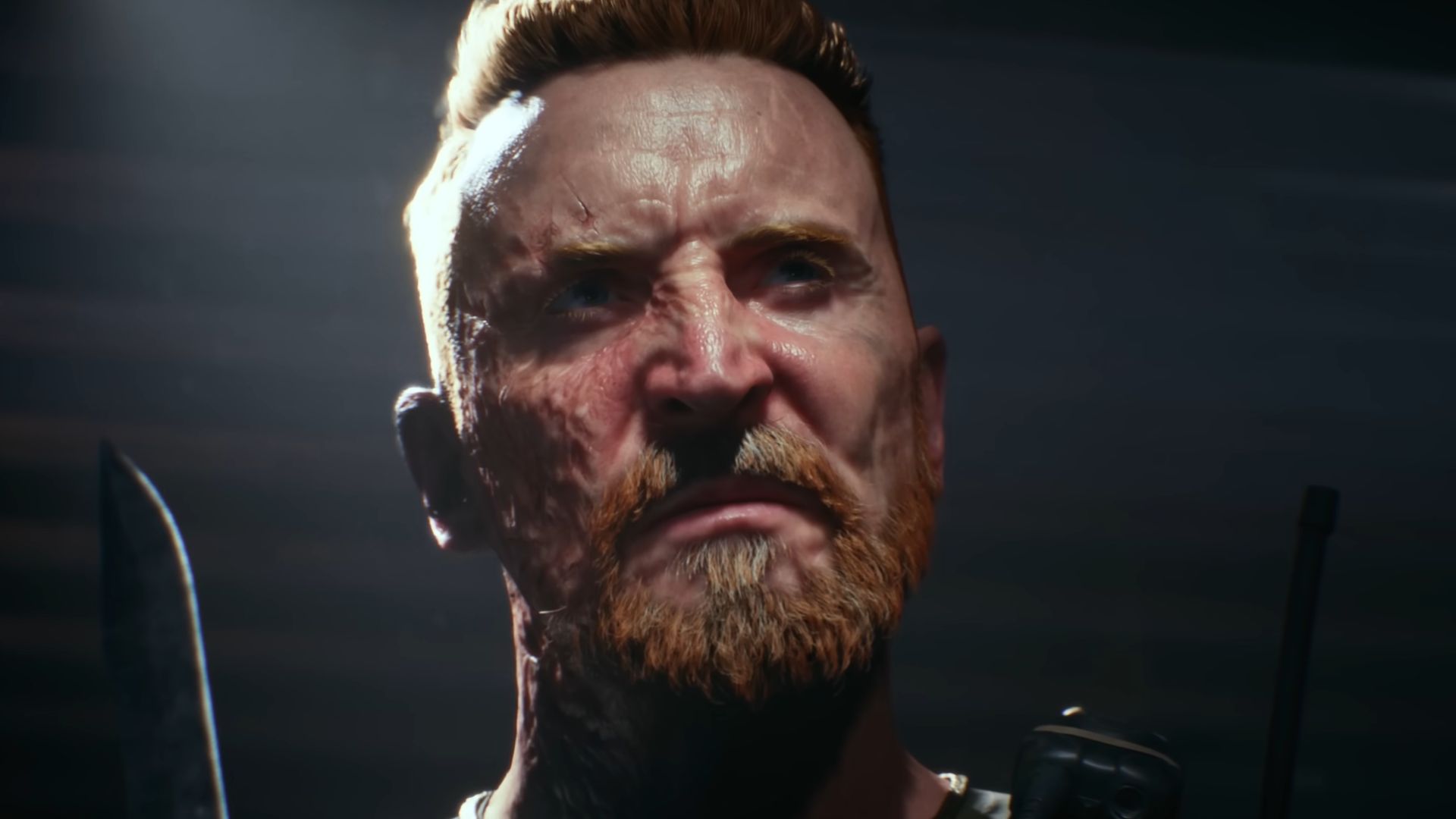We don’t know a whole lot about the setting for Battlefield 6, but the broad strokes were revealed late last week: “Major European countries” have pulled out of NATO, leaving the US and some unspecified number of remaining allies to stand alone against a massive mercenary outfit called Pax Armata. It’s a scenario that feels at least loosely rooted in reality—how firm is NATO’s footing these days, really?—but EA insists that it’s not trying to say anything with the setting: There’s nothing more to it than practical necessity.
“We needed two factions,” executive producer Christian Grass told Polygon about the origins of Pax Armata. “We wanted to create something that felt that it could be real, but it’s clearly fiction because we’re creating entertainment products.”
Things are undeniably sticky for NATO in the real world right now. Russia is resurgent as an overt military foe, the US—nominally the alliance’s big-guns backstop—has proven an utterly unreliable partner, and the remaining major players are scrambling to figure out where to go from here. It’s at the point where we’re giving serious thought to letting Germany have nukes, and as the great Norm Macdonald once said, I don’t know if you guys are history buffs or not, but that sure doesn’t seem ideal to me. As the famous proverb says, these are interesting times.
You might hope, then, that the Battlefield team could do something interesting with it all: Create a bold, unexpected story where, for instance, the US doesn’t stand as the “good guys” by default. Call of Duty inflicted a second civil war on Russia, after all—it’d be a hell of a power move for Battlefield to do the same to America.
That’s probably aiming a little high, but EA specifically chose the crumbling of Western alliances—a very plausible and potentially imminent real-world scenario—as the backdrop for the new Battlefield. I would think that some acknowledgement from developers that we’re living in a very complicated and dangerous world right now, and a commitment to approaching those complexities with nuance and sensitivity, should stand as a bare minimum support for that choice.
But no. Pax Armata is just goddamn cool.
“We needed a cool, badass enemy, and we believe that Pax Armata is awesome,” Grass said. “To me, when I spawn in as a Pax Armata player, I’m like ‘Yeah, here we go!’ They’re so cool, I love them! They have a really cool branding. We just wanted it to be a cool, relatable, badass enemy.”

Well, maybe Pax Armata is “relatable,” at least. I wonder which European heavyweights have decided that NATO is no longer worth the headache in the game (France is the only one confirmed as out, as far as I know), and I wonder, as the US dismantles what it can of the world order and abandons most of the rest, why their absence from the alliance creates a “power vacuum” the US has to fill, rather than just a Euro-centric nuNato?
And if nuNato decides to forsake the US when it comes under attack from what is basically a latter-day Cobra (which I similarly thought was very “cool” and “badass,” when I was 12) I also have to wonder, why? The US right now has fallen into authoritarian rule—does Battlefield 6 posit a sudden, surprise role-reversal in which it’s actually the EU that’s embraced the ramblings of a decrepit racist and serial sexual abuser? Or has the US fallen so far that the Euros are doing a literal “let them fight?”
I would guess that last one isn’t it, only because it would be interesting, but to be fair we don’t know the details of Battlefield 6’s story at this point and it’s possible that EA will surprise us. And if it does, I will happily serve up full credit for it. But the complete aversion to even acknowledging the real world that so much of Battlefield 6 reflects leaves me a little less than hopeful.

Battlefield 6 creative director Thomas Andersson said basically the same thing in the interview: That Pax Armata has no significance beyond a simplistic plot device, and that the real world is not something the Battlefield team is eager to grapple with.
“You have NATO and Pax Armata, and when you have a private military corporation, who knows where they get the people,” Andersson said. “So it’s like, here’s another army, here’s another wing. So we can make this massive. There’s something so visceral about having something that could be happening tomorrow. It’s the excitement of that without getting yourself in trouble with writing reality, if you know what I mean.”
I take little consolation from the fact that this is nothing new: Infinity Ward said essentially the same thing about Modern Warfare back in 2019. But as PC Gamer’s Wes Fenlon put it a couple years later, “Military games can’t pretend to be apolitical anymore without looking ridiculous.” Wes was right then and he’s right now, and pre-emptively dismissing those connections in Battlefield 6 does indeed look ridiculous no matter what sort of campaign it ultimately puts on the table.

Best PC build 2025
